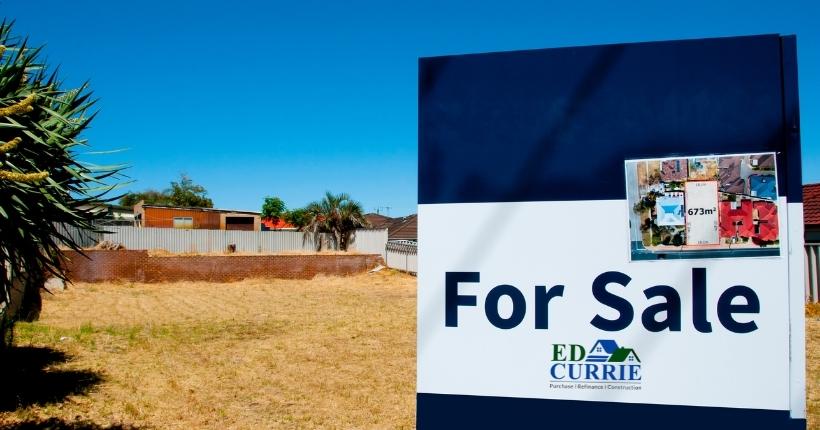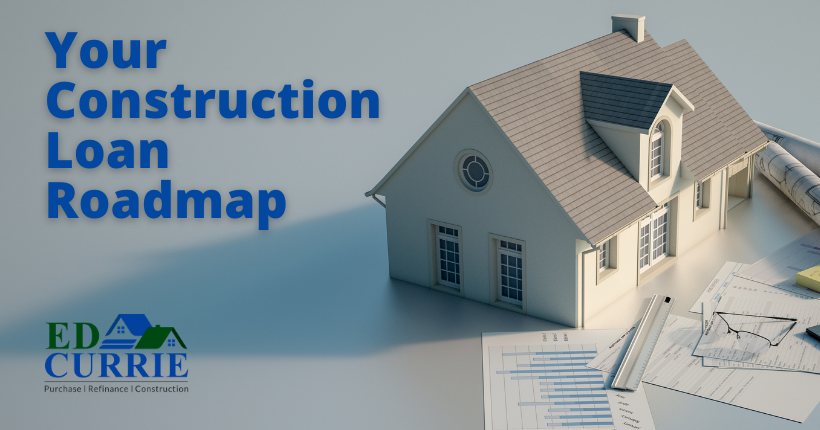Choosing a lot for your custom home is a critical step in your home-building journey. In fact, some say it’s even more important than the home you’ll build on it. Here are some important factors to consider when buying your lot.
Location
The first rule in real estate (Location, Location, Location) definitely applies when purchasing your lot. Not only does the neighborhood you choose impact your family from everything to commute distances to schools, access to shopping, dining, and other conveniences, but it also determines your future ability to resell your home.
Size
While there is no hard and fast about the size of your lot in comparison to the size of your yard except in cases of home owner’s association rules, the size of the lot will determine the size of the home you’re planning to build. The percentage or ratio of the size of the building to the land on which it resides is called the land-to-building (LTB) ratio. To arrive at the LTB ratio, divide the square footage of the land parcel by the square footage of the building. Don’t forget to talk with your builder about how much space you want for a backyard, front yard, garage, and fencing when setting the property lines before the building starts, and make sure to leave enough space for the home’s utility grid.
Shape
A long narrow lot will not be as usable as one that is square. The shape of the lot impacts where the home is situated and the size of the front, side, and rear yards. Homes on cul-de-sacs (pie-shaped lots) may have setback requirements (the distance the home is from the street) that allow for side yards but also mandate longer driveways. Be sure to check with your builder to determine if the shape of the lot will allow for the front door to face the direction you’d prefer.
Slope
Slope impacts sufficient water drainage, which is key for the home’s design, foundation, and landscaping. You’ll want to consult with your builder to make sure the slope is workable as is, or what steps can be taken to achieve your goals with the current slope. Also, check for trees, which are an asset, but there are costs associated with them. Trees within the home’s plan will have to be removed, which adds to the construction cost.
Soil Composition
Some soils are subject to expansion and movement, which can compromise the structural integrity of your home. Have the soil tested by a knowledgeable soil engineer.
Zoning, Taxes, and Utilities
It is crucial to check on zoning laws, not just for your lot, but for nearby land. Is it possible a shopping center could be built close by to destroy your privacy? What is the tax implication of your lot? Will it have easy access to utilities or will gaining access to utilities end up adding an unforeseen amount to your build? In most cities, the land will be governed by the local building department which will have historical data, current construction that is going on in the area, and planned builds in the future. Consider visiting your local building department and scheduling an appointment with an official. Show them the property or area you are considering for building your home and get their insight.
When you are ready to purchase your lot, contact Ed Currie and his team. We’ve expanded our guidelines on lot loans so more clients can qualify for loans and receiver more funding for those loans. Now, you can obtain your lot loan for as little as 10 percent down with fantastic interest rates. Call us today at 847-214-2404 or complete our online form to schedule your free consultation. We’re happy to discuss your options and find the loan that best fits your needs. For more tips and our latest updates, check us out on Facebook, Twitter, LinkedIn or Pinterest!







